SUMMARY
This is AI generated summarization, which may have errors. For context, always refer to the full article.
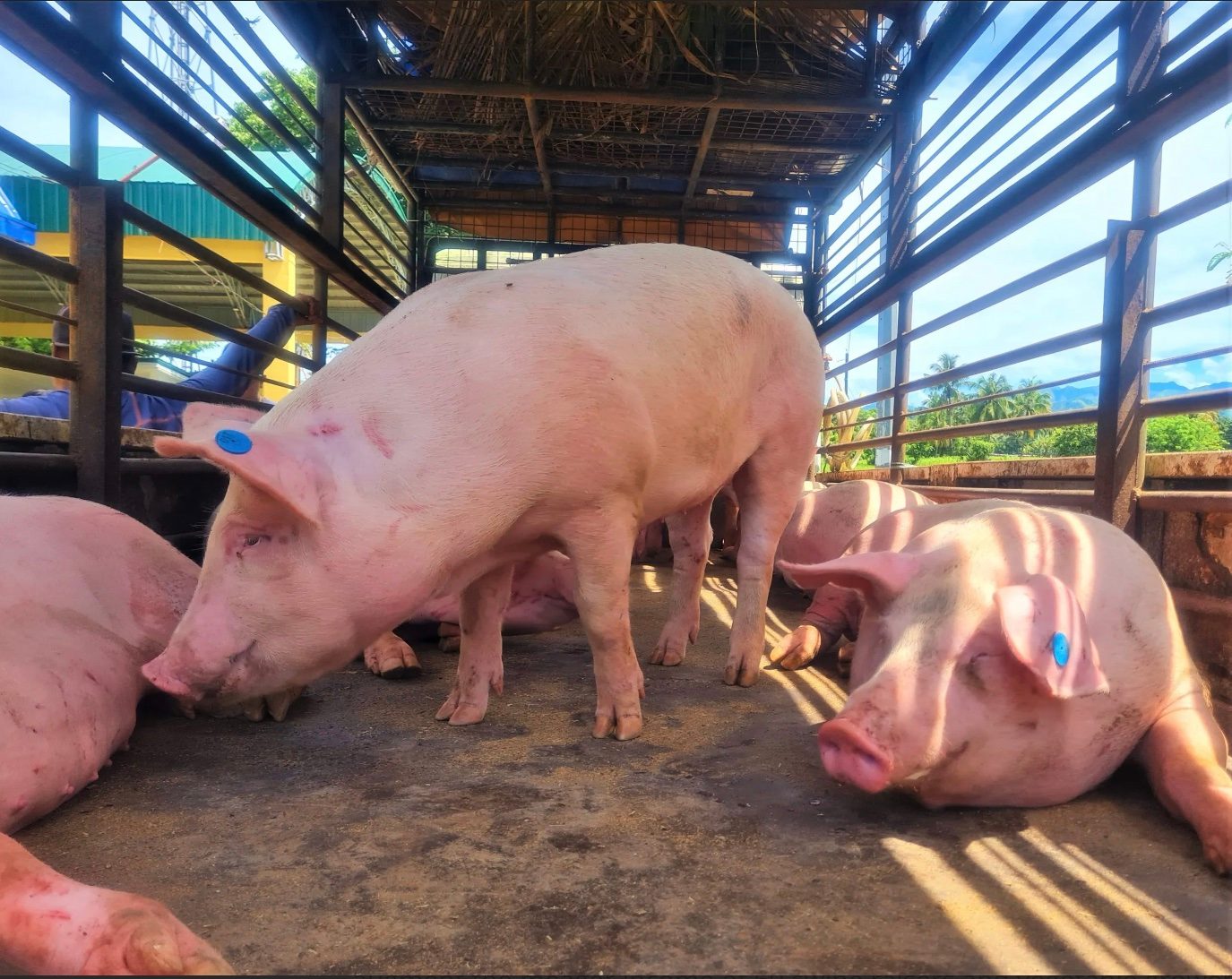
BENGUET, Philippines – Culling activities due to new African swine fever (ASF) cases could lead to a tight supply of pork by mid-year, according to the Department of Agriculture (DA). But ignoring internationally recognized protocols could bring longer-term harm to the country’s pork sector.
The National Livestock Program (NLP) is studying projections of a potential pork shortage by June, said Agriculture Assistant Secretary and deputy spokesman Rex Estoperez.
Estoperez said the department still needs to validate this, however, by studying the natural track of ASF infections in April.
The DA official and Benguet Governor Melchor Diclas in separate events acknowledged the struggles of hog raisers with the loss of their animals to culling.
But both stressed the need to comply with the standard Bureau of Animal Industry (BAI) protocol of culling and isolating within 500 meters of an infected case.
Rising cases
Diclas on Thursday, April 13 acknowledged that ASF has hit all 13 towns of the province despite aggressive culling methods in January and February.
The affected Benguet towns are among the 460 ASF-hit towns in 54 provinces across the country, according to a BAI report.
The only region without ASF is the National Capital Region (NCR), the BAI said.
At the start of the month, the DA bureau reported active ASF cases in 11 or 18 regions and 21 of 82 provinces.
Aklan province in Western Visayas ended its ASF-free status on April 13 after BAI inspectors found two infected hogs in Barangay Arcangel, Balete town.
In Benguet province, the disease first hit the capitol town of La Trinidad.
“All our 13 municipalities were affected by ASF. It started in the capital town, here in La Trinidad, which is near Baguio City. Then it spread to other areas and the outbreak started,” Diclas said.
Diclas, however, said aggressive response to infections and compliance with BAI protocols allowed the province to control the disease in some areas.
Baguio City, and the Benguet towns of Bakun, Bokod, Kapangan and Kibungan have successfully controlled the disease, the governor said.
The remaining nine towns of Benguet are still under observation.
ASF-free
The BAI list of 19 ASF provinces includes includes Batanes, Occidental Mindoro, Oriental Mindoro, Palawan, Romblon, Masbate, Antique, Negros Occidental, Bohol, Negros Oriental, Siquijor, Biliran, Bukidnon, Misamis Occidental, Basilan, Lanao del Sur, Maguindanao del Norte, Sulu and Tawi-Tawi.
Benguet has never been totally ASF free. Dilas said.
The latest outbreak in the Cordilleran province kept pace with the nationwide increase in cases in March.
Just a month earlier, the Baguio city government said aggressive anti-ASF operations in January managed to slowdown the spread of the virus.
The Benguet ASF task force at the start of the year declared two towns as pink areas, or ASF-free but adjacent to towns with findings of the virus.
Diclas said towns with infections each culled as many as 100 infected hogs.
Culling is an internationally recognized protocol to control the spread of ASF.
The virus moves swiftly. Afflicted pigs die in a span of two to 10 days. There is no known vaccine against ASF yet.
While ASF is not harmful to humans it can swiftly decimate hog populations, causing massive economic setbacks to agricultural communities.
Safeguards like culling helped control the earlier outbreaks, Diclas pointed out.
In one weekend in February, 224 hogs were culled in Barangay Beckel, La Trinidad, and in Camp 1, Tuba town after piggery samples tested positive for ASF.
While the move proved a setback to families relying on the sale of their stock for education and other needs, government aid helped tide them over.
But culling prevented a greater scale of contamination.
The United Nation Food and Agriculture Organization’s (UN FAO) report in March 2023 said ASF) has up to 100% case fatality rate.
The provincial government, has also begun the process of hog repopulation.
Part of the struggle in curtailing the disease is that Benguet sources its pork from different areas in the country, Diclas said.
Humans can become carriers of the virus once tainted pork is ingested or if people get close to the infected meat.
The virus can also survive even if the meat has been processed or canned. – Rappler.com
Add a comment
How does this make you feel?
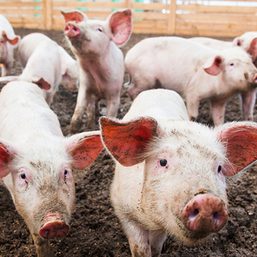
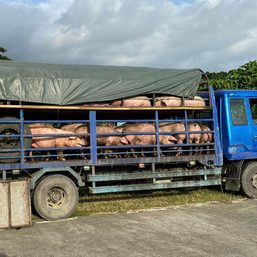



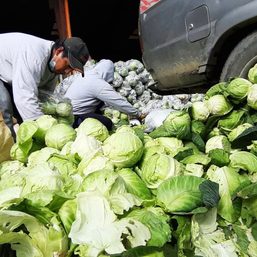





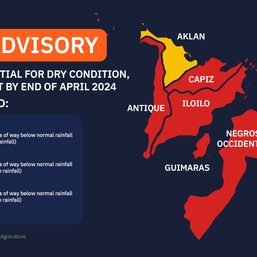
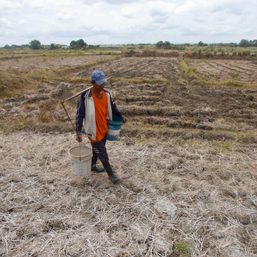


![[ANALYSIS] Investigating government’s engagement with the private sector in infrastructure](https://www.rappler.com/tachyon/2024/04/tl-gov-private-sectors-infra-04112024-1.jpg?resize=257%2C257&crop=435px%2C0px%2C1080px%2C1080px)
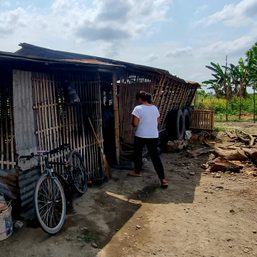
There are no comments yet. Add your comment to start the conversation.